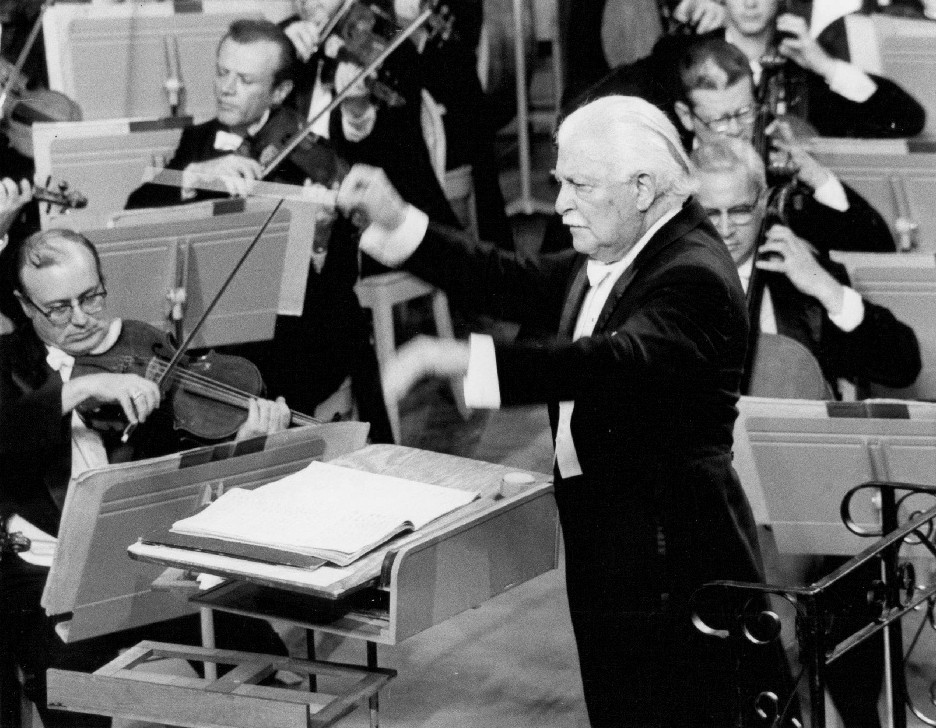JUNE 28, 2023 – (Cont.) I do not know much about Gaga’s family, except that she had a sister Jane, who married the inventor of pop bottle caps, made a fortune and drank it away, leaving Jane and her daughter Lois as Grandpa’s charity cases, which he assumed without complaint. Jane and Gaga’s father, a Baldwin, had been a stockbroker—one of the many who had made a fortune prior to October 1929 and lost it afterward. As is the case with any family tree, there were characters with checkered histories, but those are for someone else to explore. What cannot be denied is their distinctively English lineage, with a pre-Revolutionary connection with New Amsterdam Dutch.
My own exposure to the Baldwins was limited to a photographic portrait of Gaga’s father hanging on the wall of Gaga’s cozy little sewing room at 42 Lincoln—he looked well-heeled and affable—and a visit with Gaga’s mother at a nursing home when I was not even three years old. And then there was Lois, who had grown up in Florida, but whom Gaga and Grandpa had taken in for a time one summer when Mother, Jenny and I were visitors at 42 Lincoln. I remember little about her, except that she drove a big white car, wore deep red lipstick and matching polished fingernails, was quite thin, went off to work every day, watched Superman on the TV in the billiard room with Jenny and me, and went off to sleep in the mysterious quarters up on the third floor. I remember little or no interaction between Lois and anyone else in the house—her aunt and uncle, her two first cousins, UB and Mother
If Gaga came from a privileged class, her cultural tastes fell short of aristocratic. As I said, my “foreigner” grandparents back in Minnesota were far more refined when it came to art and music. Which is not to say that Gaga lacked refinement, as the photo album revealed. I also remember her showing me a few samples of fine china that she had hand-painted, and in this work, she had exhibited considerable skill. And if she was not a connoisseur of Beethoven symphonies, she was an avid fan of Arthur Fiedler and the Boston Pops, and after Nina became a member of the Boston Pops Esplanade Orchestra, Gaga never missed a televised broadcast.
I don’t think she ever missed a TV broadcast of a prime-time variety show. If she didn’t approve of a performance, however, she wasn’t afraid to speak up or . . . change the channel. I remember vividly one such occasion. I was actually living at 42 Lincoln—up in what had been the servant quarters of the third floor—while working with Grandpa’s business, such as it had become, during the fall of 1981. In the musical tradition established by my “foreigner” grandfather, I had followed my sisters on the violin, and was still operating under the delusion that I had a modicum of talent for the instrument. It was a Saturday evening, and with no transportation at my disposal and with no other diversions in the house except another game of Scrabble with Gaga, I repaired to my quarters to practice. During a break, I descended to the second floor to drop in on Gaga in her sitting room, where, by that stage of her life, she spent the vast majority of her waking hours. I entered the room just as Pinchas Zukerman and Itzhak Perlman began a phenomenal duet. The table-top TV did not provide the greatest sound, but I was amazed to see their joint appearance.
“Wow! Look at that!” I said to Gaga. As their magic flowed, I just had to point out the obvious. “Two of the greatest violinists of all time on stage together! Listen to that!” I was transfixed by their musical virtuosity. But Gaga’s glare was overpowering. My eyes and ears focused on the performance, yet I could feel Gaga’s eyes on me. They broke the spell. I looked at her just as she rolled her wheelchair to within arm’s length of the television and switched the channel. It shocked me. “What?!” I couldn’t help myself. “Why did you do that, Gaga?”
“I never much cared for the violin,” she said, matter-of-factly. I remember feeling deeply wounded, for the violin is what defined each of my sisters and had defined them from their pre-school days. At the time, to a very large degree, it defined me, as well. Yet here was Gaga telling me about as directly as one could, that she “didn’t much care for” what defined us, her only grandchildren. In time I would put this in perspective and realize that if you live to be 87—let alone 100—you acquire an implicit prerogative to think and say damned near anything you please.
None of which is to accuse Gaga of being non-musical. She loved the Boston Pops, after all, and a variety of singers and performers who appeared on the television networks. I remember too, hearing Gaga hum some melody as she went about preparing her afternoon tea in the kitchen. She could definitely carry a tune. I don’t know that she ever attended a symphony concert, which was regular fare for my “foreigner” grandparents, and I doubt that she ever studied a musical instrument. Nevertheless, she was infinitely more musical than Grandpa, which makes me wonder how in the world Mother wound up so immersed in classical music, unless it was simply proof of the oft-cited connection between math genius and musical ability (my own case being converse proof—lack of math genius correlates to limited musical ability, but Grandpa was superb at math, yet exhibited no musical proclivities whatsoever). (Cont.)
Subscribe to this blog and receive notifications of new posts by email.
© 2023 by Eric Nilsson
